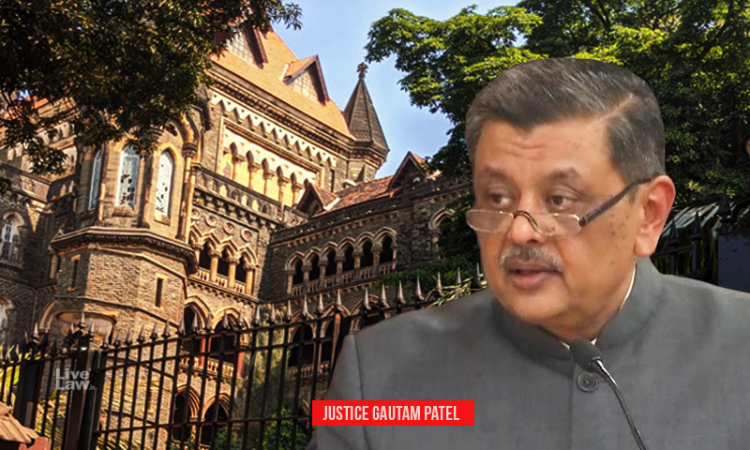Companies Act 2013 - Proposed Shareholder Resolution Must Be Legal For EGM To Be Called : Bombay High Court
Sebin James
4 Nov 2021 1:10 PM IST

"...sometimes, it happens that a company must be saved from its own shareholders, however well-intentioned. Shareholder primacy or dominion does not extend to permitting shareholder-driven illegality" - HC said.
Next Story


